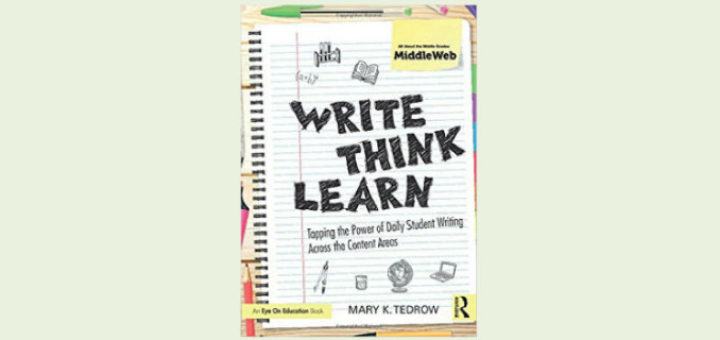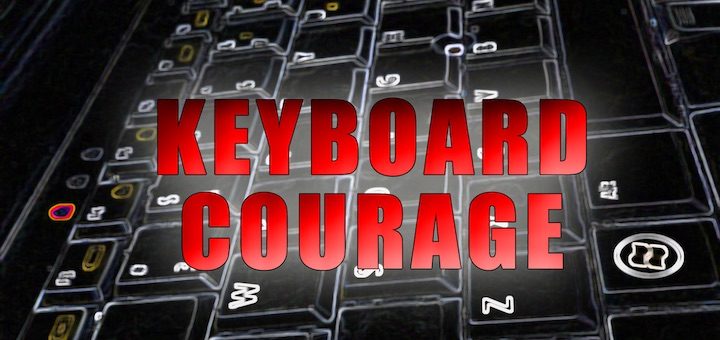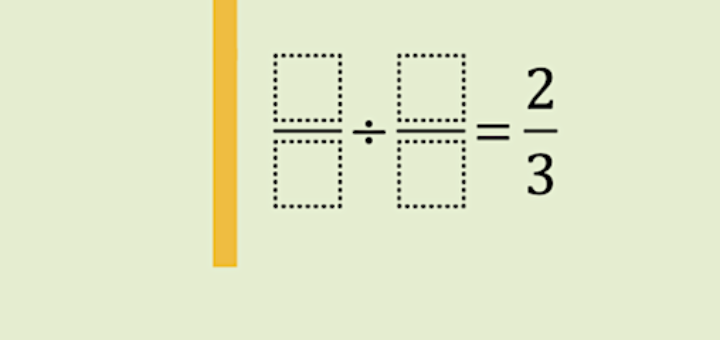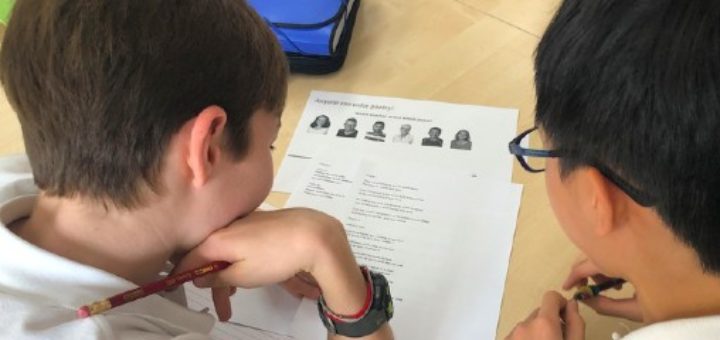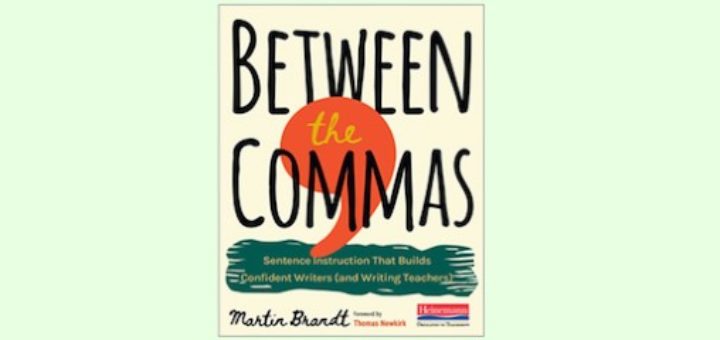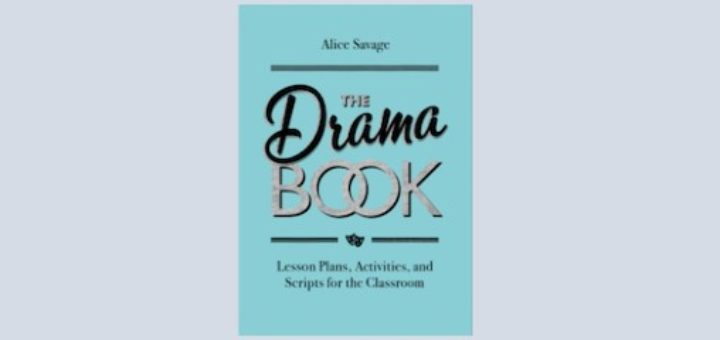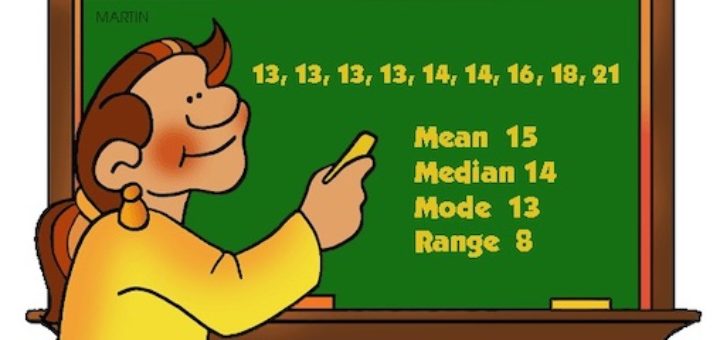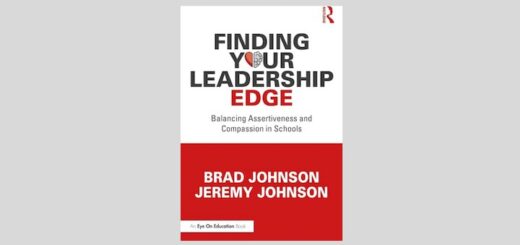Teaching and learning in grades 4-8
Mary Tedrow shows how to cultivate students’ individual relationships with writing using a low stakes approach called a Daybook – a safe, authentic space for students to write and think that can feed into other disciplines and writing genres. Ariel Sacks calls it her “new top resource.”
It’s amazing to think – with all the digital tools we have at our disposal – that genuine communication is more difficult today than ever before. Yet that’s our reality, says middle grades teacher Jeremy Hyler, at school and at home, with students, parents and colleagues.
Math teacher Robert Kaplinsky wanted his students debating about the best way to solve a problem, using strategic thinking and not just the formula. He also wanted to know when students had misconceptions so he could reshape his lessons. His solution? Open Middle Math.
Whether your classes dive into poetry in April or throughout the year, teacher Megan Kelly has lots of activities to enrich your students’ experience. Her latest unit has kids collaborating on visual analysis, horoscope haiku, matching teachers to their poems, and more.
Responding to the loss of two students in a car accident, Rita Platt is thinking about how loving school leaders can help their staff work through the darkness and step into the light of hope and compassion. She shares her letter to staff, poetry and helpful articles.
In Between the Commas 6th grade teacher Jeny Randall is delighted to have found a new mentor in writing instruction who emphasizes a sentence construction framework. She looks forward to growing even more as a writing teacher thanks to Martin Brandt’s “irreverent wisdom.”
The Drama Book a great resource for introducing drama into the ELA classroom, especially for inexperienced teachers who are unsure how to best tackle it. It offers practical teaching advice and amazing lesson plans, writes middle school teacher Erin Corrigan-Smith.
Should culturally responsive teaching include “pop culture” as a unifying interest in multicultural classrooms and schools? A.P. Andrew Canlé makes that argument, singling out online competition-based gaming as his example of the engaging pedagogy Generation Z wants.
Spring arrives a day early this year, and testing season won’t be far behind. No matter a teacher’s opinion of standardized testing, most will be engulfed in the annual ritual soon. Curtis Chandler distills strategies to help teachers and students cope successfully.
Michelle Russell realized her students were falling into a rut. They expected her to provide the steps and jump in to help instead of figuring some things out for themselves. Learn what she did to increase engagement and deepen thinking during a challenging unit.

